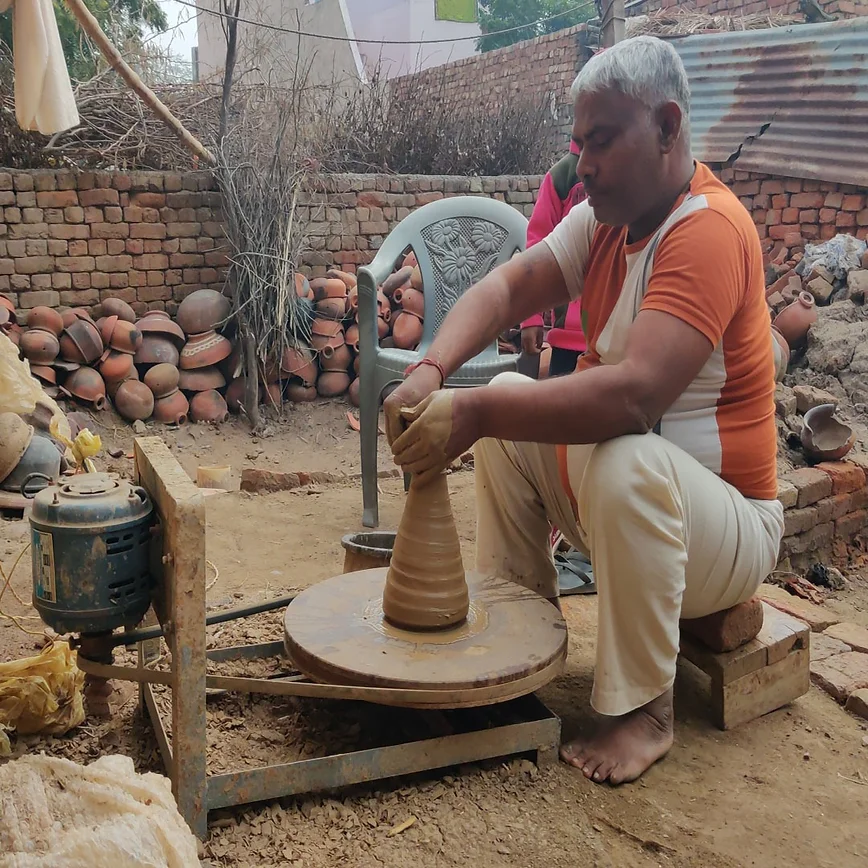Home
About Us
Targeting Persistent HIV Reservoirs Grant Program
by: Iola BonggayThe National Institutes of Health, otherwise known as the NIH, is a federal government agency operating within the United States Department of Health and Human Services that is essentially responsible for supporting the country's biomedical and health-related research studies.
|
|
The grants and programs of the NIH are all specifically designed to achieve it's overall agency mission which is to "seek fundamental knowledge about the nature and behavior of living systems and the application of that knowledge to enhance health, lengthen life, and reduce the burdens of illness and disability."
In keeping with this mission, the National Institutes of Health has recently formed a partnership with the National Institute of Allergy and Infectious Diseases (NIAID) and the National Institute of Mental Health (NIMH) in order to establish the Targeting Persistent HIV Reservoirs Grant Program.
The primary purpose of the program is to stimulate the development of innovative tools and strategies that will help in the treatment of HIV infections.
HIV is a type of disease that works in a manner that establishes a long-term latent infection phase in long-lived cells that then proceed to form a reservoir of virus that persists in infected individuals even after years of treatment with highly active antiretroviral therapy (HAART).
This process makes treating HIV infections more complex as it physicians require innovative strategies that would help them determine and eliminate the reservoir cells.
(continued...)
Targeting Persistent HIV Reservoirs Grant Program
Page 2
About The Author
Iola Bonggay is an editor of TopGovernmentGrants.com one the the most comprehensive Websites offering information on government grants and federal government programs. She also maintains Websites providing resources on environmental grants and grants for youth programs. |
Additional Resources
category - Health Grants
National Institutes of Health: Expanding the Encyclopedia of DNA Elements in Human and Model Organisms
National Science Foundation's Smart Health and Wellbeing Program
Health Resources and Services Administration's Licensure Portability Grant Program
Pilot Studies of Innovative Treatments in Mental Disorders Project
Follow @topgovtgrant
Social Entrepreneurship
Spotlight
Reviving Ancient Indian Art Forms – Empowering Artisans Towards Entrepreneurship

Rivaayat is an initiative by Shri Ram College of Commerce, Delhi to revive various dying art form and solve innumerable problems faced by the artisans. Rivaayat began with reviving a 20,000-year-old art form of pottery that is a means of survival for 600 families residing in Uttam Nagar, Delhi.
